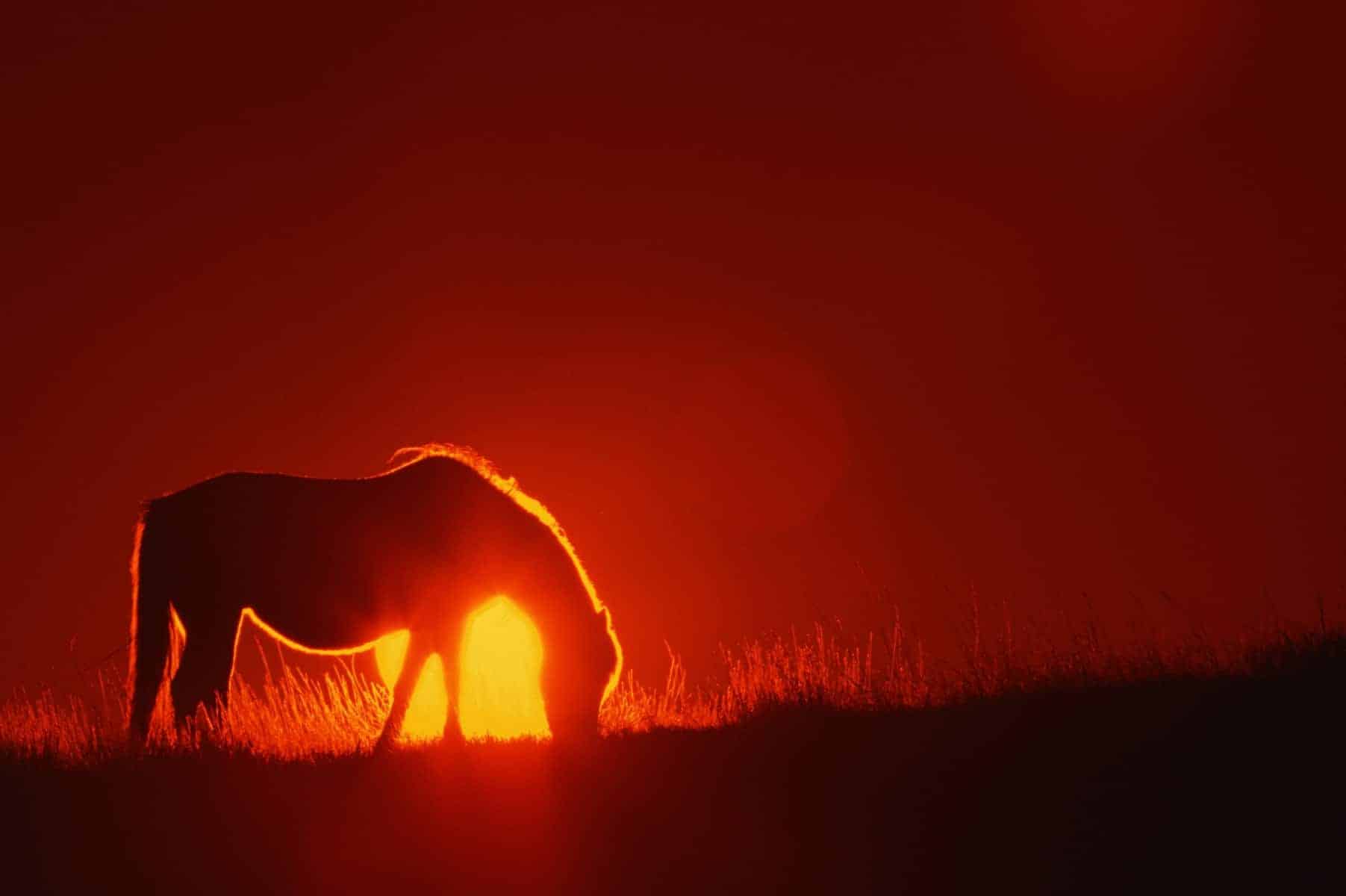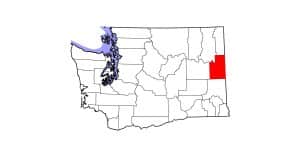A Refresher on Horse Processing in the United States

A look at the country’s current sentiments
In 2012 the operators of the M. Wells Dinette, inside New York City’s Museum of Modern Art’s PS1 gallery, announced that the eatery’s menu would include horse tartare, a dish centering on finely chopped uncooked seasoned horsemeat. Within weeks, horse advocates urged the Dinette’s chef and his backers to ditch the dish. And they did. But not before racking up considerable publicity for the Dinette, in particular, and for the horse processing issue as a whole. Scenarios such as this draw strong opinions to the surface, and there does not seem to be an end to the controversy in sight.
American Horsemeat’s Background—the 20th Century
In the United States, horse processing for human consumption has a long history. Carolyn L. Stull, PhD, lecturer with a focus on animal welfare at the University of California, Davis, School of Veterinary Medicine, says horses residing in the United States and Canada at the dawn of the 20th century were generally used to pull plows and to power transportation. During World War I the military confiscated many of these animals and used them to pull heavy artillery, to serve as saddle horses, and to provide meat to the troops serving on the front lines. During the second World War available beef was sent overseas—particularly to Europe to feed soldiers. As a result, homefront consumers sometimes turned to horsemeat as a replacement, Stull says.
“Following World War II, weak and lame horses were slaughtered in U.S. and Canadian facilities exporting the affordable meat for lower-income consumers in Europe where beef was scarce,” Stull says TheHorse.com is home to thousands of free articles about horse health care. In order to access some of our exclusive free content, you must be signed into TheHorse.com. Already have an account?Create a free account with TheHorse.com to view this content.
Start your free account today!
and continue reading.
Written by:
Pat Raia
Related Articles
Stay on top of the most recent Horse Health news with












